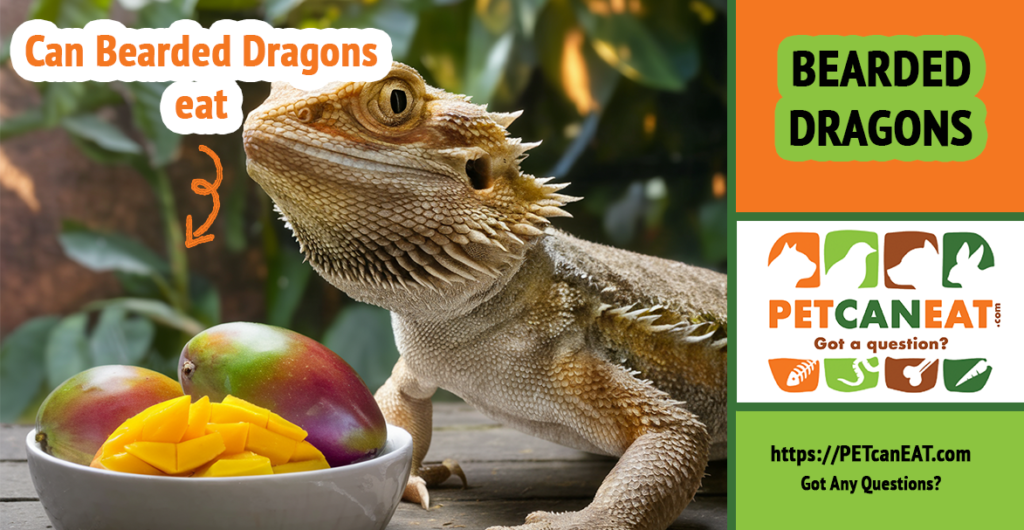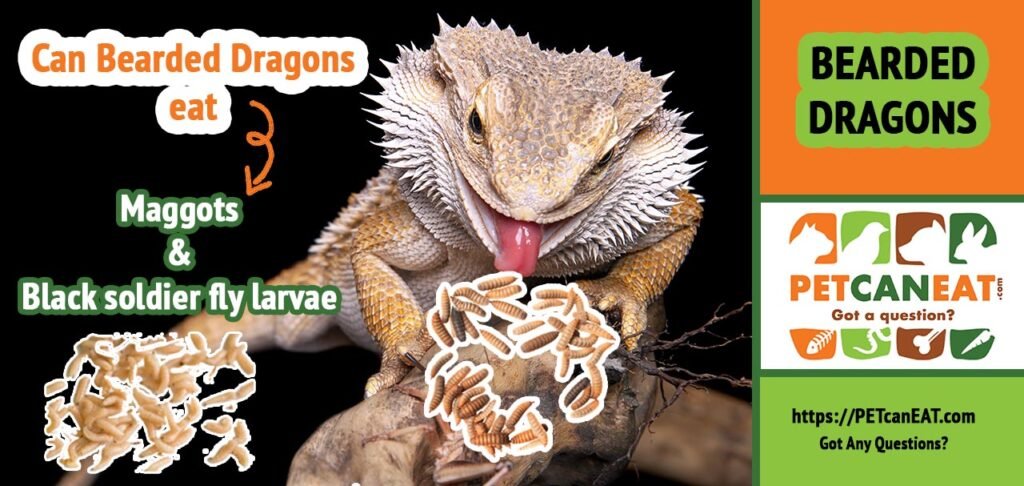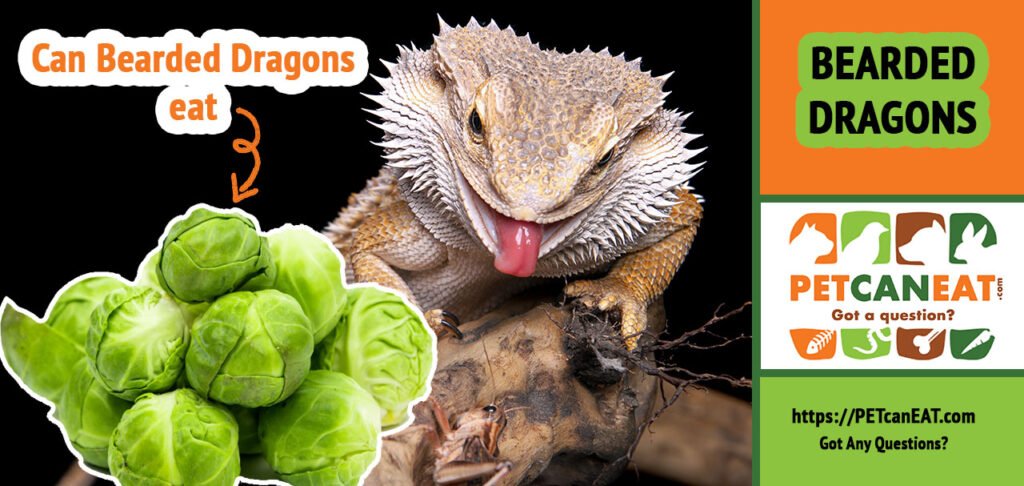Mango, known as the “king of fruits,” is beloved for its rich flavor and juicy, sweet flesh. It’s a tropical fruit packed with vitamins, antioxidants, and fiber, making it a nutritious option for humans. But when it comes to our reptilian pets, specifically bearded dragons, can they also enjoy the benefits of this delicious fruit? Can bearded dragons eat mango just as we humans can? This article explores the suitability of mango in a bearded dragon’s diet, considering its nutritional content, dietary needs, and any risks involved in feeding mangoes to your bearded dragons.
Nutritional Overview
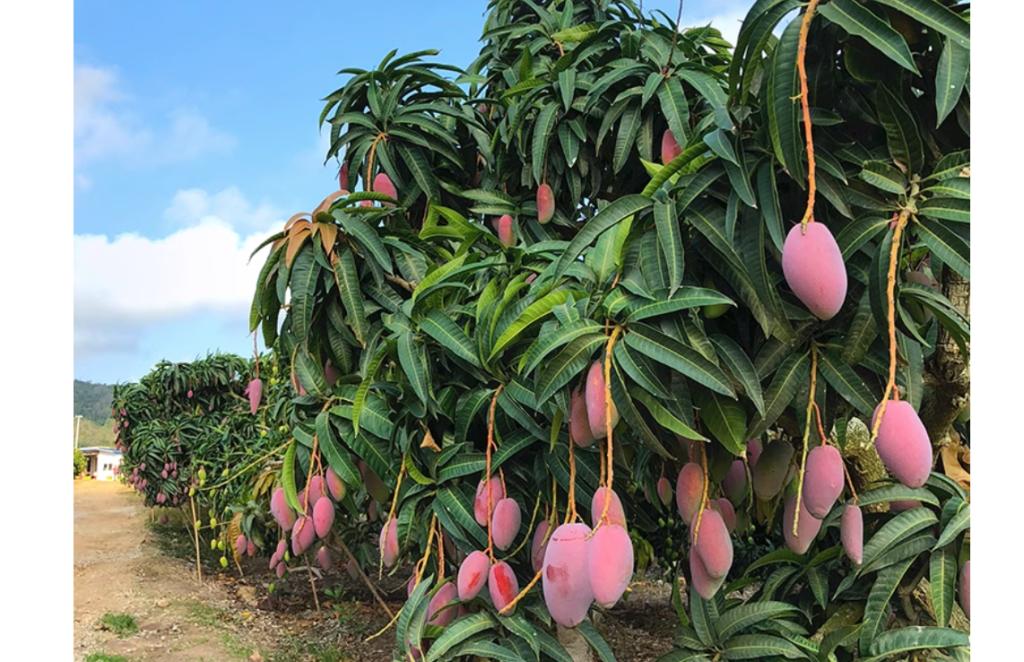
Mango is rich in dietary fiber, vitamins A, C, and E, and contains various antioxidants and a small amount of minerals such as potassium. These nutrients are essential for maintaining good health and supporting immune function, vision, and skin health. However, mangoes also have a high sugar content, which needs to be considered when feeding them to bearded dragons.
Mangoes are widely appreciated not only for their luscious taste and versatility in culinary uses but also for their nutritional benefits. Here’s a detailed table outlining the nutritional content of mangoes per 100 grams:
| Nutrient | Amount in 100g |
|---|---|
| Energy | 60 kcal |
| Water | 83.46 g |
| Protein | 0.82 g |
| Total Fat | 0.38 g |
| Carbohydrates | 14.98 g |
| Fiber | 1.6 g |
| Sugars | 13.66 g |
| Calcium | 11 mg |
| Iron | 0.16 mg |
| Magnesium | 10 mg |
| Phosphorus | 14 mg |
| Potassium | 168 mg |
| Sodium | 1 mg |
| Zinc | 0.09 mg |
| Vitamin C | 36.4 mg |
| Thiamin (B1) | 0.028 mg |
| Riboflavin (B2) | 0.038 mg |
| Niacin (B3) | 0.669 mg |
| Vitamin B6 | 0.119 mg |
| Folate (B9) | 43 µg |
| Vitamin A | 54 µg |
| Vitamin E | 0.9 mg |
| Vitamin K | 4.2 µg |
Key Nutritional Highlights:
- High in Vitamin C: Mangoes are an excellent source of Vitamin C, which is crucial for immune function, skin health, and iron absorption.
- Rich in Dietary Fiber: The fiber content aids in digestion and helps maintain a healthy gut, contributing to overall gastrointestinal health.
- Natural Sugars: Mangoes contain natural sugars, providing a quick energy boost. However, they should be consumed in moderation, especially by individuals monitoring their sugar intake.
- Antioxidants: Mangoes are packed with antioxidants, such as mangiferin, quercetin, and catechins, which help combat oxidative stress and may reduce the risk of chronic diseases.
- Vitamin A: The Vitamin A in mangoes supports vision health, immune function, and skin integrity.
- Low in Calories: With only 60 kcal per 100 grams, mangoes can be a delightful addition to a weight management diet.
Can Bearded Dragons Eat Mango?
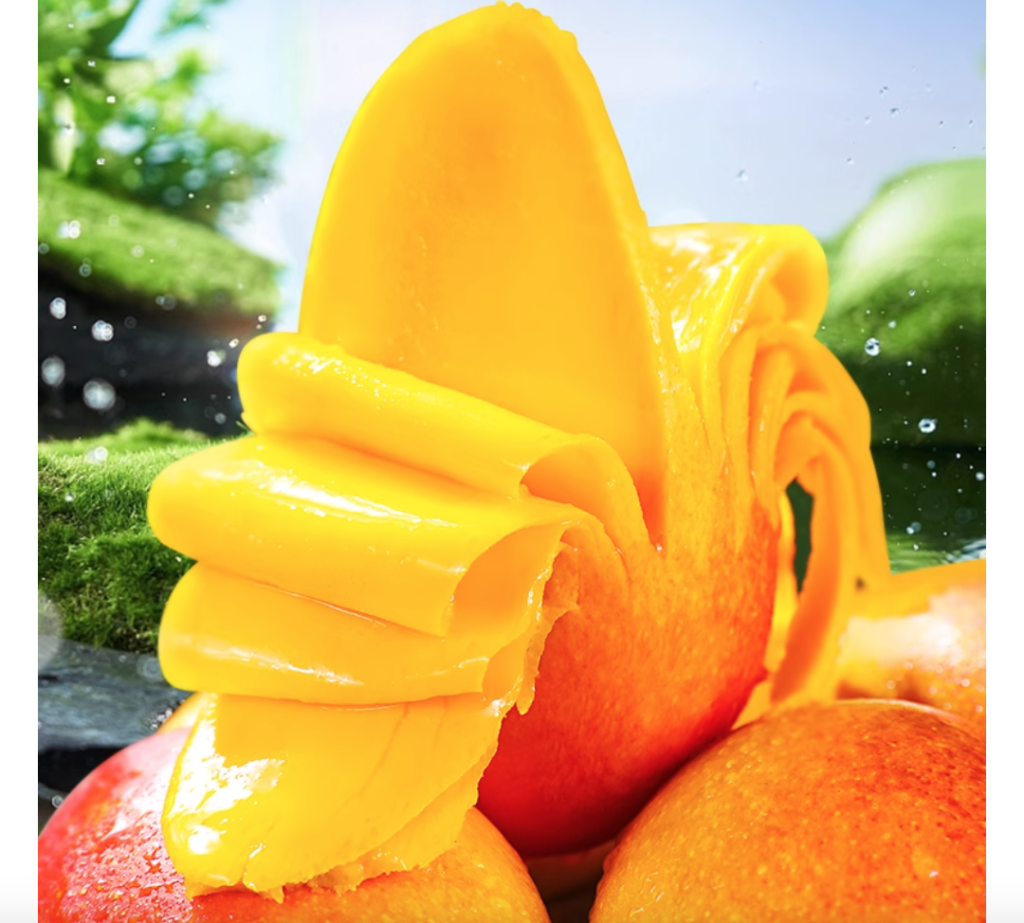
The answer is yes, bearded dragons can eat mango but should be offered in moderation due to its high sugar content. Mango can be a tasty treat that provides hydration and essential nutrients, but it should not be a staple in their diet. Feeding mango occasionally can add variety to their diet without causing health issues related to overconsumption of sugar.
Benefits of Mango for Bearded Dragons
- Vitamin A: Supports healthy vision, skin, and immune system function.
- Vitamin C: Aids in immune system health and tissue repair.
- Antioxidants: Help protect the body’s cells from damage.
- Hydration: The high water content in mangoes can help keep bearded dragons hydrated.
These benefits make mango a valuable occasional treat for bearded dragons, contributing to their overall health and well-being as part of a balanced diet.
Risks and Considerations
- Sugar Content: High sugar can lead to obesity and other health issues in bearded dragons if fed in large quantities.
- Pesticides: Always opt for organic mangoes or thoroughly wash the fruit to reduce pesticide exposure.
- Serving Size: Offer mango in small, manageable pieces to prevent choking and ensure it can be easily digested.
How to Safely Prepare Mango for Your Bearded Dragon
- Select a ripe, organic mango to minimize pesticide exposure.
- Wash the mango thoroughly under running water.
- Peel the mango and remove the pit, as the skin and pit can be difficult for bearded dragons to digest.
- Cut the mango into small, bite-sized pieces suitable for your bearded dragon.
- Offer a few pieces of mango as an occasional treat, not exceeding once or twice a month.
Alternatives to Mango
To provide your bearded dragon with a variety of nutritious treats without the high sugar content, consider these alternatives:
- Papaya: Offers similar vitamins and enzymes beneficial for digestion but with slightly less sugar.
- Blueberries, blackberries: Rich in antioxidants and vitamins, with a lower sugar content than mango.
- Butternut Squash: A great source of beta-carotene and fiber, without the high sugar content of mango.
These alternatives can add nutritional diversity to your bearded dragon’s diet while minimizing the risks of high sugar intake.
FAQs
Q: How often can I feed my bearded dragon mango?
A: Due to its high sugar content, mango should be fed sparingly, no more than once or twice a month.
Q: Do I need to remove the mango skin before feeding it to my bearded dragon?
A: Always remove the skin and pit, as they can be difficult to digest and potentially harmful.
Conclusion
Mango can be a nutritious and enjoyable treat for bearded dragons in moderation. Its rich nutritional profile can support overall health, but the high sugar content necessitates cautious, infrequent feeding. By incorporating mango as an occasional treat alongside a diet rich in vegetables and staple greens, you can ensure your bearded dragon enjoys a balanced and varied diet.
References and Further Reading
For more information on feeding bearded dragons and ensuring a balanced diet for your pet, consult a reptile veterinarian or reference reputable reptile care guides and nutritional resources.

